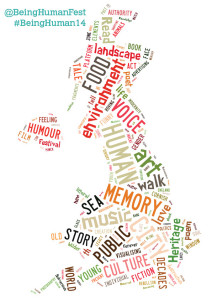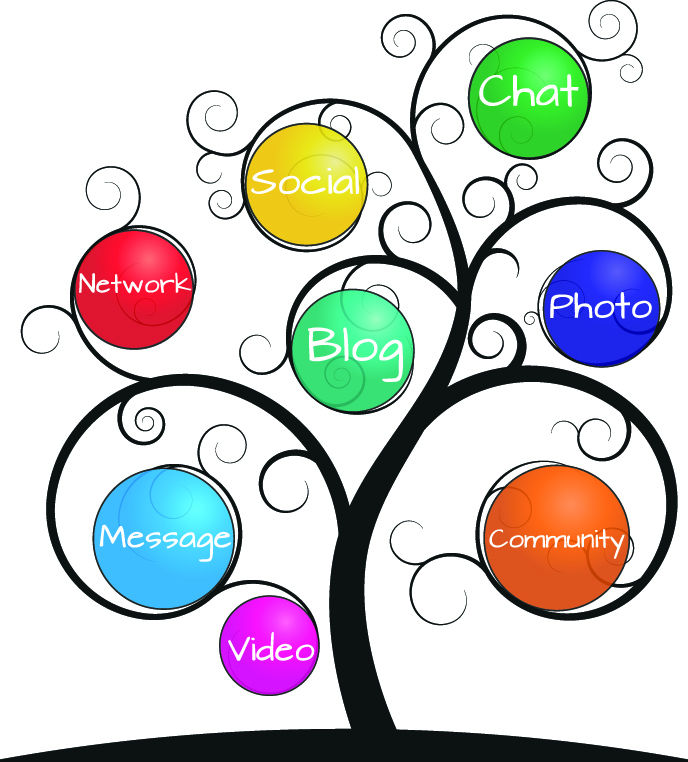 This is a guest post by Dr Michael Eades about the Being Human festival of the humanities.
This is a guest post by Dr Michael Eades about the Being Human festival of the humanities.
Just before Easter, our steering committee met to discuss applications for funding for this year’s Being Human festival. Representatives from the School of Advanced Study, the Arts and Humanities Research Council, and the British Academy came together to begin the difficult task of allocating funding, and whittling down more than 117 entries to an eventual 36 funded applications.
One of the pleasures in taking part in this process, and seeing the Being Human applications coming in over recent weeks, is that it offered an insight into activities taking place within the humanities across disciplines and across the length and breadth of the UK. It offered a glimpse not only into some of the fascinating research taking place across the country, but also into some of the creative avenues people are exploring to communicate that research, to involve multiple partners in its development, and to underscore its connections to the communities and cultural contexts in which it is produced.
Research in the humanities does not exist in an academic bubble. It informs our lives on a fundamental level, and on a day-to-day basis. The best applications we received for Being Human demonstrated this interconnection. They showed how the humanities inform our everyday thoughts, feelings, and ideas—how they have shaped our cultures of food and drink, our notions of style and ‘good taste’, our personal relationships, and even our sense of humour. They illustrated the role played by the humanities in influencing our relationships with animals and other ‘non’ humans, and how they might aid our understanding of cultures and communities, past and present, across the UK and beyond.
The quality of these applications underlined the capacity of the humanities to enable people to think and work creatively and collaboratively—producing unexpected and deeply intriguing results. But above all, they underlined just how much life, vitality, and fun there is in the humanities in 2014 (just as there is in humanity itself).
The activities we have funded will form the core of a programme that is continuing to grow, and which already gives a flavour of the richness of contemporary humanities research. From Cornwall to the Orkney Islands, from Wales and Northern Ireland and from cities and towns across England, the Being Human programme reaches every corner of the UK. Along the way it draws together historians and archaeologists, theologians and film critics, poetry scholars and philosophers, cultural critics, lawyers, linguists and librarians in an exploration of what it means to be human in 2014. They will feature events held in market places and town halls, in libraries, cinemas, and museums…. even in caves.
Humanity itself is diverse, complex, rich, and endlessly fascinating. The programme for this year’s Being Human festival aims to capture and communicate something of that fascination, and, in doing so, provide a glimpse into the vibrancy of the humanities in 2014.
For more information about the Being Human festival visit the Being Human festival website.

